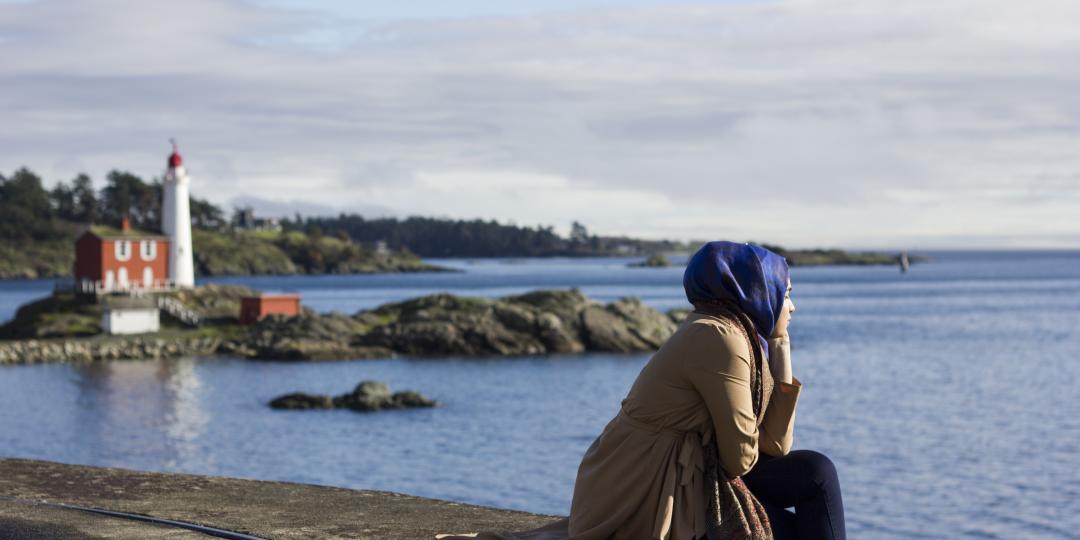Halal tourism is a growing trend to watch in 2020, with MasterCard-Crescent Rating’s latest Global Muslim Travel Index predicting that there will be 230 million international Muslim visitors by 2026.
The report also estimates that Muslim travellers will spend US$180 billion by 2026 for online travel purchases.
Halal tourism came into the spotlight earlier this year, when Africa Halal Week was hosted in Cape Town in October.
Khalid Vawda, MD of Islamic Travel and Tours, says halal tourism growth in Southern Africa has been steady. “Most of our clients come from popular Organisation of Islamic Cooperation (OIC) countries in the Middle East and South-East Asia. However, we’re seeing a growth in young Muslim travellers from the US and the UK.”
South Africa dropped from fourth to sixth in the top ten non-OIC destinations for Muslim travellers with Kenya and Tanzania both ranking 19th on the list. The ranking is based on the CrescentRating ACES model which includes four key factors: ease of access to the destination; internal and external communication by the destination; environment at the destination; and services provided by the destination.
Vawda says although South Africa remains in a good position for halal tourism, particularly the Western Cape, provinces like KwaZulu Natal, with its rich Muslim history, need to improve in aspects such as its offering. This can include halal food services, prayer facilities and water-friendly washrooms. Water plays a critical role in the Muslim faith in terms of purity and cleanliness.
“We also had a hotel contact us to ask if having alcohol in the mini fridge in the room would offend our clients and we were happy that they asked. It’s this kind of action that shows the necessity for more education for halal tourism to continue to grow in South Africa,” says Vawda.























